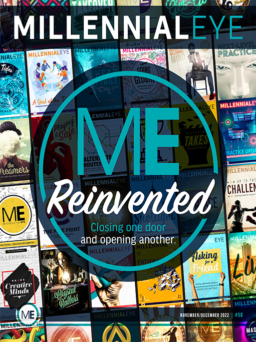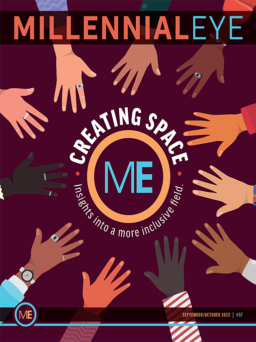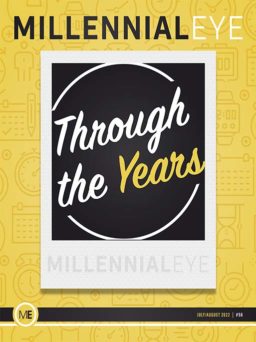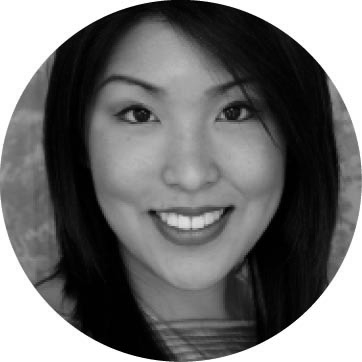
Elizabeth Yeu, MD: Talking to ophthalmologists who have traveled different roads to various practice settings can be enlightening, as there is a breadth of knowledge we can all offer. For many of us, being a physician is our livelihood. But most of us don’t take a direct path to get there. I thought it would be valuable to talk about the twists and turns we encountered on our way to get to where we are today and the bumps we continue to encounter. Let’s start with Damien: Where have you been since you finished training?
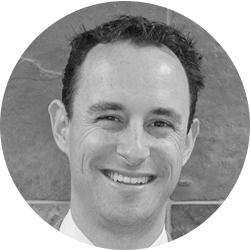
Damien F. Goldberg, MD: I came out of training in 2004, so I have been practicing for about 12 years now. I got lucky in that the place where I started out is the same place I practice today. However, it is definitely not the same animal as it was when I joined. Like a lot of ophthalmologists then, I entered a practice that was standard cataract surgery-based. We did not have any refractive surgery presence. I can’t say whether my timing allowed that to grow, or it simply coincided with advancing technology and the advent of the Crystalens (Bausch & Lomb) and Restor (Alcon). Thankfully, femtosecond lasers and a variety of other technologies have come along since then, further enabling us to grow our practice into the complete practice it is today. We now have five physicians—four MDs and one OD—and offer a diversified portfolio in eye care.
Dr. Yeu: George, when you finished training, how did you decide which situation was right for you?
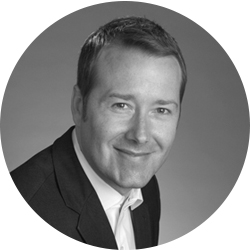
George O. Waring IV, MD, FACS: I pursued my subspecialty training in a hybrid private practice and academic setting, to learn the efficiencies of both private practice patient care and clinical research. My hope was to remain active in clinical research as I built my practice after training. Since, I have had the opportunity to practice in both academic and the private practice setting, and I found that both can be successful for incorporating clinical research into one’s practice. Each has unique benefits, and different academic centers and practices have different strengths in these areas. My advice is to have a vision for what type of physician you would like to be and to try to find the best fit for this, regardless of in academics or private practice.
Dr. Yeu: That’s great. What about you, Will?
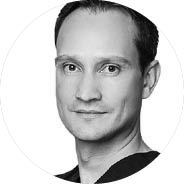
Will Christian, MD: I also finished fellowship in 2008. While I was finishing up my residency training, my chairman’s departing advice to me was, “When you finish fellowship and are figuring out where you want to practice, first figure out where you want to live, and then everything else will work out.” For some reason, I ignored his advice, probably due to the stress of my student debt. I interviewed around the country and took the job that I felt was the best business move, which was at a private practice in Scottsdale, Arizona. My first year there, I did 1,200 cataract surgeries, and, by my second year, I was performing more than 2,500 cataract surgeries. Everything was wonderful … I just hated where I lived.
I reached a point where I felt I had to get out of Arizona and live where I wanted to live, which undoubtedly was southern California. The difficult part about the transition was having to restart from scratch. I ended up joining a private practice, knowing it was likely a dead-end job, and, in the blink of an eye, 5 years had gone by. Finally, I decided to do what I had long wanted to: start my own practice. I am now coming up on 2 years of solo practice, and I haven’t looked back since. Everyone is shaped differently, but I think I have always needed to be in a setting where I could be my own boss.
Overall, my past experiences have helped me appreciate what I have now. All the headaches I had once perceived about owning a practice, I complete on my lunch hour with a big smile on my face. I feel quite fortunate to finally own my own practice, answer only to myself, and enjoy the fruits of my own labor.
Dr. Yeu: Jonathan, how about you?
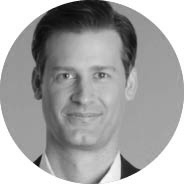
Jonathan D. Solomon, MD: It’s hard to believe, but this will be my 11th year in practice. My story is not an uncommon one, as my father is an ophthalmologist. I had every intention of staying in academia, but just as I was finishing residency, I got a call from my dad. He said he was going to start slowing down and planned to stop performing surgery. That conversation changed my entire career path. After deciding to join my father’s practice, I realized I had to prepare myself. Private practice differs from residency in the way medicine is practiced; it is very much a business, no matter how you break it down.
Understanding what you want early on in your career is crucial. That may change, admittedly, but have a game plan when you start out. When I entered private practice, I was prepared to some extent, but I needed a greater skill set. I ended up going back into training and did an unorthodox fellowship to hone my refractive surgery and cornea skills. Don’t forget that you are never too old, and it is never too late to change your trajectory.
Dr. Yeu: As Will mentioned, many of us have often come to a crossroads, whether for personal or professional reasons. Damien, can you offer any pearls of wisdom? What kind of equity do you have to put in to develop yourself and your practice?
Dr. Goldberg: You need to focus on your vision and know where you want to go, even though getting there won’t always be easy. Seize the opportunities when they present themselves. And above all, know your strengths and your weaknesses.
We have a great research department in our practice, and I devote a lot of my energy to that because I love helping to move technology forward. However, my staff members keep me focused on my patients. They always remind me, “Don’t forget that the next person you’re going to see at 3 o’clock—yes, the one who still comments that she has dry eye and you haven’t fixed it—that’s the reason you’re here.” I remember hearing Ed McMahon once say (that probably reveals my age) that he developed his fame from the Johnny Carson show and that he never forgot that. His other projects, such as Star Search, TV’s Bloopers & Practical Jokes, and his infamous million-dollar sweepstakes, were other nice things he could get involved in. I adopt the same strategy to my practice. The practice and the patients are the most important, and they come first; the adoption of new technologies and the clinical research center are other nice things we like to participate in.
Dr. Yeu: I am all about patient care—we all are. However, we also need to think about how to mitigate the risks. Research is expensive and a major commitment, but it is pretty much a zero-sum game. How do you decide to make that investment?
Dr. Goldberg: I think it just comes down to pursuing what interests you. Do what you love. Surround yourself with people who share similar goals. Build your network of peers and develop your relationships with industry.
Dr. Yeu: George, how do you justify risk and taking a leap?
Dr. Waring: Risk is a part of life. If there’s no risk, there’s no reward. If you look back and think about anything you’ve done in your life that was rewarding, it likely also carried some level of risk. That’s the way life is. You might get thrown a couple curveballs along the way, but you will get there if you stay focused on the bigger vision. I once heard Steven Dell, MD, say, “Eventually, you’re going to outgrow yourself.” You only have so much energy and time, so figure out how to be efficient, and remember what is important to you. Family always should be number one.
Dr. Yeu: Will, twice you found yourself in a position that wasn’t your ideal situation. What went through your head when you realized you needed to make a change?
Dr. Christian: I think it goes back to George’s point: Without risk, there is no reward. When I wanted to leave Scottsdale, people thought I was crazy to walk away from that job—the opportunities, the security, and so on. It was a tough choice, but I have never been comfortable with settling for mediocrity.
I pulled the rip cord, going from a situation where I had no financial concerns whatsoever to starting from scratch in Los Angeles (with two kids, nonetheless). Although I knew I was taking a risk, I had the confidence in myself to know that, in the end, it would work out. I saw an opportunity with a little window of time, and I jumped, quickly. I took over a retiring physician’s practice, and I didn’t have time to do it the way you’re “supposed” to do it. I got a loan, bought the practice, and had no salary. I wasn’t on Medicare or on any private insurance plan. But, in that first year, I ended up tripling my salary from the prior year, when I was an associate of a private practice. It works out, you just need to have confidence in yourself.
At ME Live last year, Steven Dell passed along some great advice that he once received and that really resonated well with me. He said, “No matter how much you love ophthalmology, ophthalmology will never love you back.” We need to pursue our passion and our drive to do well in this field, but we must also understand that it is a balance, and definitively, family must always come first.
Dr. Yeu: Essentially, confidence is equity that we build in ourselves. We need to put in some sweat to mitigate the risk and make it happen. That equity is completely immeasurable; it is working through your lunch break and staying up until 1:00 am. Then, in the relationships we build, we need to treat everyone as we do our closest friends and colleagues. Be accountable, and be present. If you commit, you need to follow through in a timely fashion. If we can be all those things to our loved ones and to our patients, I would like to believe that we can make the right choices when we encounter those challenges and crossroads.






